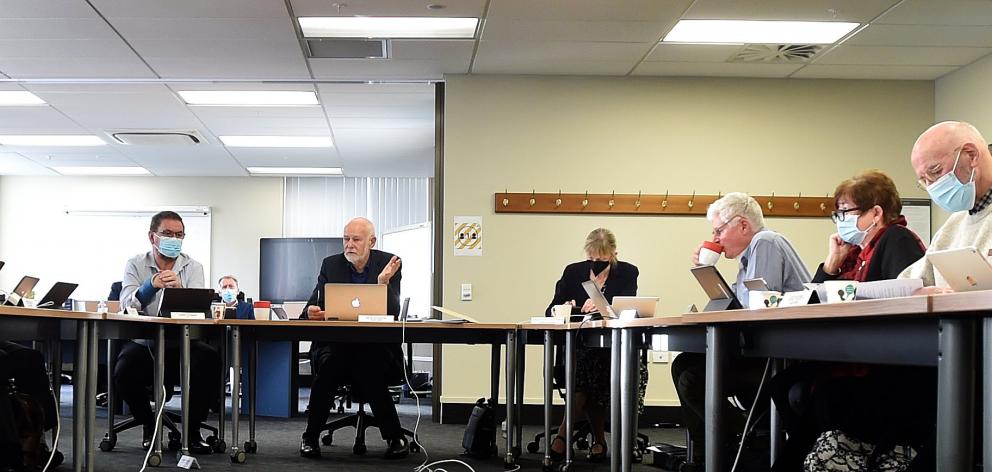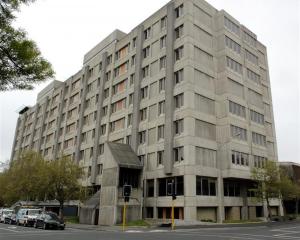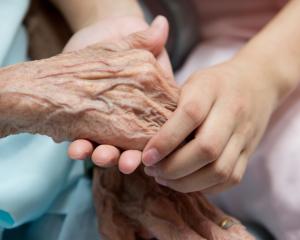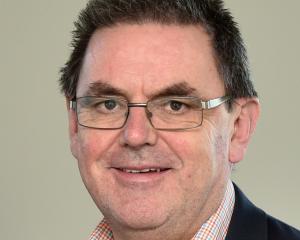
After adjourning, the board realised it had to reconvene as there was one more report to consider before it eventually closed its final public session.
On July 1, the country’s 20 district health boards are to be replaced by Health New Zealand, the Māori Health Authority, and a range of regional and district offices and localities.
In their 21-year history, the Otago and Southland DHBs, later amalgamated to form the SDHB, were seldom funded enough to operate in surplus, but this year the SDHB is on track to record something like its budgeted $20 million-plus deficit.
The SDHB has previously been replaced by commissioners due to its financial performance, but yesterday it was an elected board which handed its duties over to HNZ.
Chairman Pete Hodgson, a former health minister, said that like all organisations there were pluses and minuses on the SDHB’s record.
"I think the SDHB has made really good progress across a number of fronts — cancer diagnostics, colonoscopy, amenable mortality among Māori.
"I think the vaccination record of the DHB has been remarkable, and I have particularly enjoyed the rise to prominence and importance of Māori health providers."
But there were "a bunch of things that are undone or improperly fixed".
"Although we have made a really good start on mental health, there is much to do.
"We have some blight over some of our wards at Wakari which ... just has to be progressed after we have finished and it is a source of distress that we haven’t been able to get it all fixed.
"I don’t think that primary care in Southland is good enough, and I don’t think that services in many of the regions are yet good enough, but I do think that the new system is worth a shot to address inequities."
Southland board member Kaye Crowther said she and her fellow Southland board members Terry King and Lesley Soper had advocated strongly for the region, and would be watching closely to make sure Health NZ served their region well.
"I think there needs to be reform. I support that in principle, but we haven’t had enough detail put in place going forward."
Board member Moana Theodore said that for most of the past two years the board had been confronted by Covid-19, which had highlighted health inequities in the South, particularly for Māori.
"It also showed, in terms of the response, the strength in Māori health leadership in DHB staff, in iwi, and from Māori health providers, who collectively stood up for the whole community."
The SDHB was ready to hand over a strong platform for the new organisations to build on, Dr Theodore said.
Board member and Dunedin Hospital doctor John Chambers said while the SDHB did cop some criticism, there had been gains for patients and clinicians.
"Despite being concerned that some trends haven’t improved, the board has achieved some good things.
"I’m very proud of our clinical governance performance in the organisation, and of getting a new CT scanner — that has almost abolished a waiting list in about six months."











